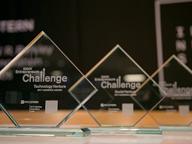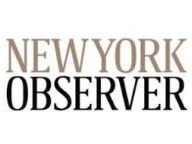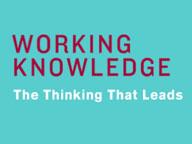Press Releases
—
NYU Stern Launches New Focused One-Year MBA Programs: The Tech MBA and Fashion & Luxury MBA
—

New York University Stern School of Business is launching a new category of specialized MBA, optimized for MBA seekers who are firmly committed to business careers either in technology or in fashion and luxury.
Press Releases
—

New York University Stern School of Business is launching a new category of specialized MBA, optimized for MBA seekers who are firmly committed to business careers either in technology or in fashion and luxury.


















